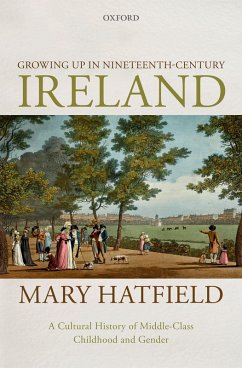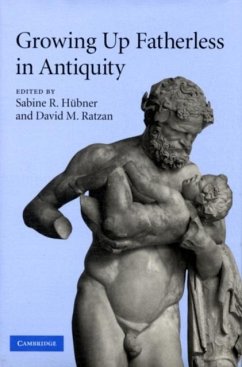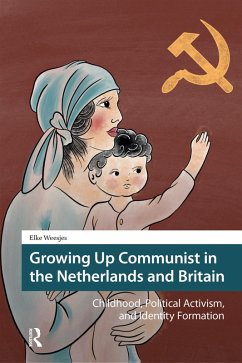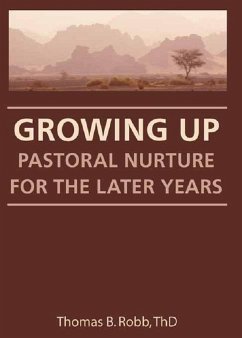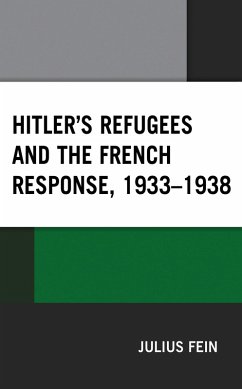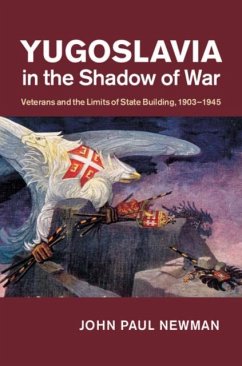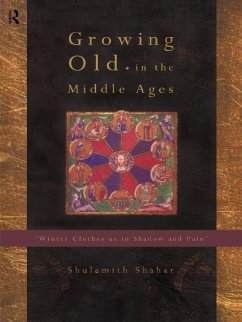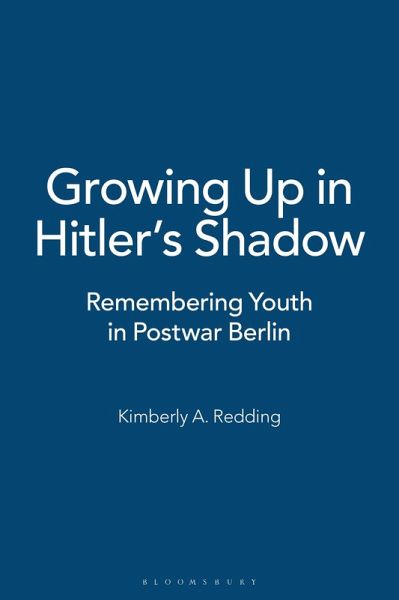
Growing Up in Hitler's Shadow (eBook, PDF)
Remembering Youth in Postwar Berlin
Versandkostenfrei!
Sofort per Download lieferbar
52,95 €
inkl. MwSt.
Weitere Ausgaben:

PAYBACK Punkte
26 °P sammeln!
Drawing on oral narratives and archival sources gathered in Berlin, this study explores how some 35 Berliners have woven personal memories, their city's divided past, and their nation's complex historical legacy into cohesive life narratives and collective identities. Redding argues that daily experience during the final years of World War II inadvertently prepared German youth for defeat and occupation. While postwar officials lamented youth's apparent apathy, young Berliners were in fact applying lessons in pragmatism and self-reliance learned as National Socialist society crumbled in 1944 a...
Drawing on oral narratives and archival sources gathered in Berlin, this study explores how some 35 Berliners have woven personal memories, their city's divided past, and their nation's complex historical legacy into cohesive life narratives and collective identities. Redding argues that daily experience during the final years of World War II inadvertently prepared German youth for defeat and occupation. While postwar officials lamented youth's apparent apathy, young Berliners were in fact applying lessons in pragmatism and self-reliance learned as National Socialist society crumbled in 1944 and 1945. Although competing political forces strove to rapidly remobilize German youth, young Berliners took advantage of destabilized sociopolitical structures in their war-torn city to assert autonomy and pursue personal initiatives. Their retrospective narratives reveal creative efforts to claim for themselves the normal pleasures of modern youth in the midst of rubble. These accounts also demonstrate how Cold War ideologies and loyalties have informed memories of daily life in Allied occupied Berlin. In a broader sense, the study sheds new light on the collective experiences, memories, and self-perceptions of a generation of Germans who grew up in a world defined by World War II and Allied occupation, rebuilt their devastated society under Cold War parameters, and eventually negotiated the unification of the two successor states.




